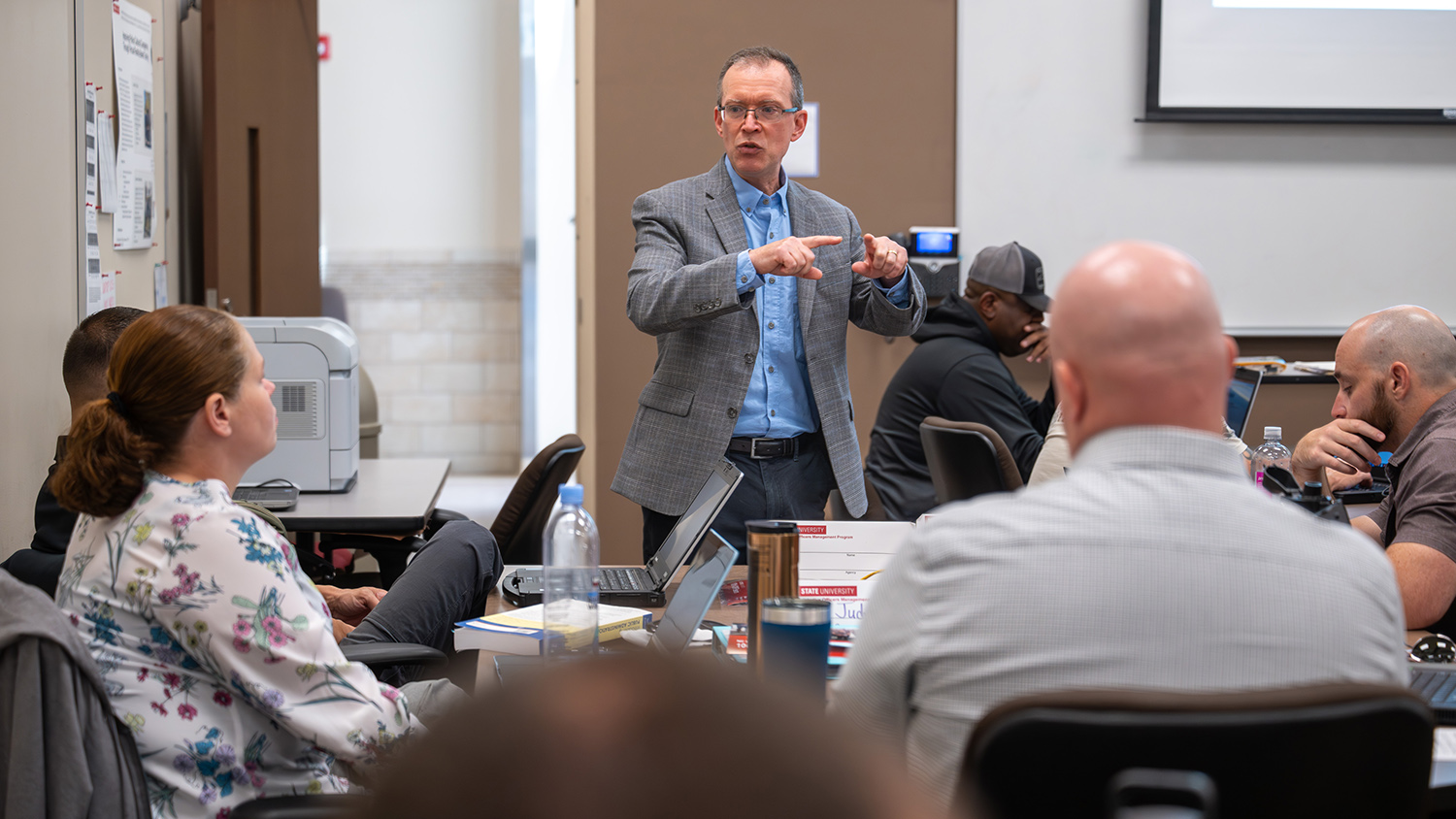Study Shows Innovative Program Helps Limit Domestic Violence

 The statistics are horrifying. Nearly three in 10 women have been stalked or assaulted by their partner, and states reported investigating abuse cases involving 5.9 million children in 2010. It hurts children to be exposed to domestic violence, and child maltreatment and partner abuse too often happen in the same families. But social workers and social work researchers are constantly searching for ways to address the problem, and new research shows that at least one recent program is making a difference.
The statistics are horrifying. Nearly three in 10 women have been stalked or assaulted by their partner, and states reported investigating abuse cases involving 5.9 million children in 2010. It hurts children to be exposed to domestic violence, and child maltreatment and partner abuse too often happen in the same families. But social workers and social work researchers are constantly searching for ways to address the problem, and new research shows that at least one recent program is making a difference.
The Strong Fathers Program uses the concept of being a good father to engage men who have committed domestic violence in an interactive effort involving education and best practices to prevent them from committing acts of violence against their children and partners. A lot of fathers who have battered their partners, and/or their kids, also witnessed domestic violence in their own homes as children. And men who might shy away from being told what to do are often drawn to the idea of being strong fathers who take care of their children.
A pilot version of the program was launched in 2009, and two new papers show that the program is making a difference.
“Our first paper shows that many of the men want to learn how to be better fathers, and that the Strong Fathers Program is helping them understand the impact of domestic violence on their children. But it doesn’t stop there,” says Joan Pennell, lead author of the two papers and a professor of social work at NC State. Pennell is also director of NC State’s Center for Family and Community Engagement, which is responsible for evaluating the program and its results.
“Our research found that the program also teaches men the skills they need to be good fathers, such as how to communicate and how to manage their stress, and those skills also make them better partners,” Pennell says. The first paper, “Family violence, fathers, and restoring personhood,” was published in the August issue of Restorative Justice: an International Journal.
The second paper highlights findings showing that fathers enrolled in the program are far less likely to pose a threat to their children or commit domestic violence against their partners, based on follow-up assessments by social workers. That paper, “Family Violence: Fathers Assessing and Managing Their Risk to Children and Women,” is forthcoming from the journal Children and Youth Services Review.
“We hope that our experience will be helpful to other communities seeking to stop domestic violence and child maltreatment,” Pennell says.
The evaluation design used to assess the effectiveness of the program draws on data from participant surveys, feedback from program facilitators and social services data on reports of child abuse and neglect.
The curriculum for the Strong Fathers Program was developed by the Center for Child and Family Health, and the program is administered by Family Services, Inc. The program was initially launched in the Winston-Salem, N.C., area, but was extended to Durham County, N.C., in 2012. The North Carolina Division of Social Services supports the work through Family Violence Prevention and Services Act funding.
By Matt Shipman. This post originally appeared in NC State’s research blog, The Abstract.


